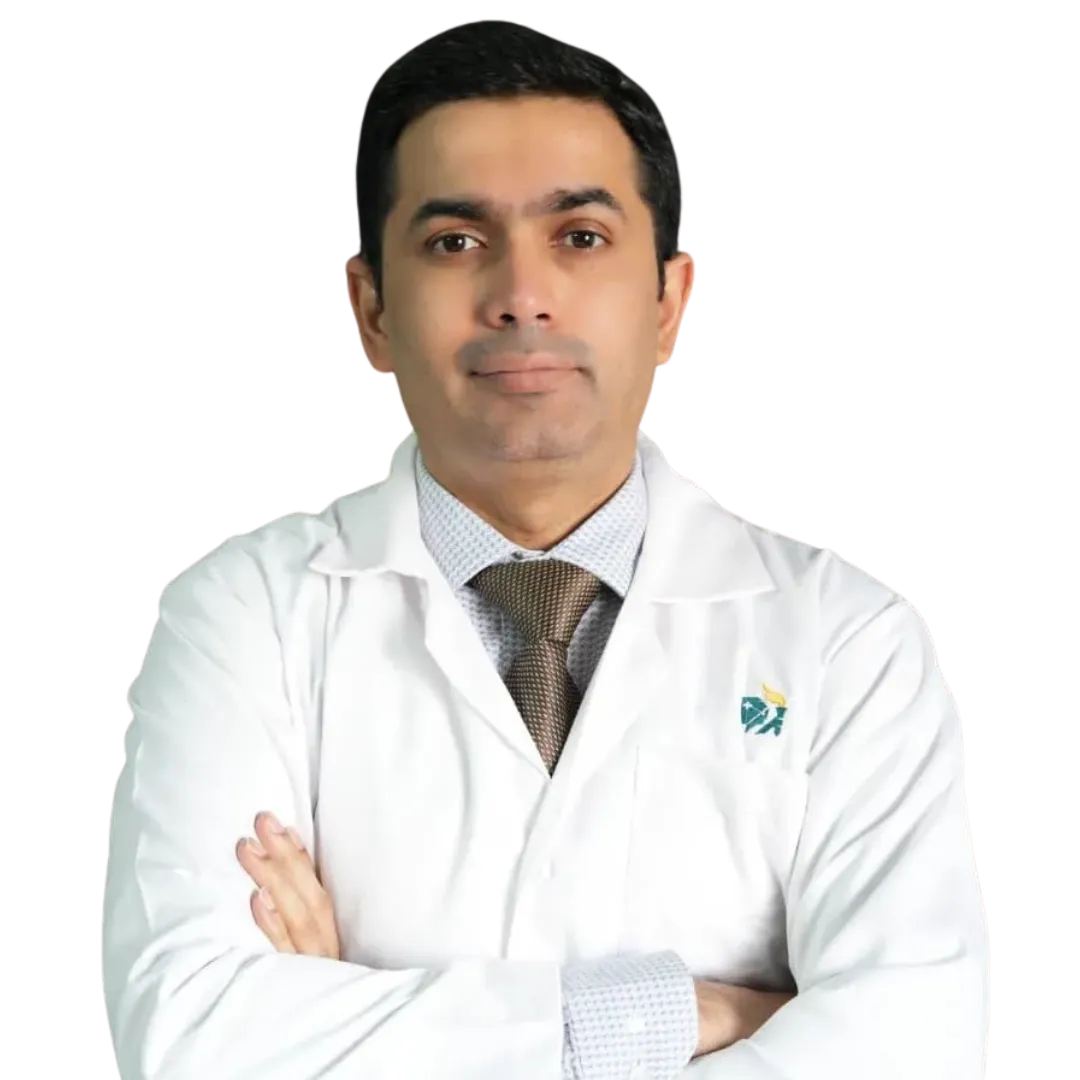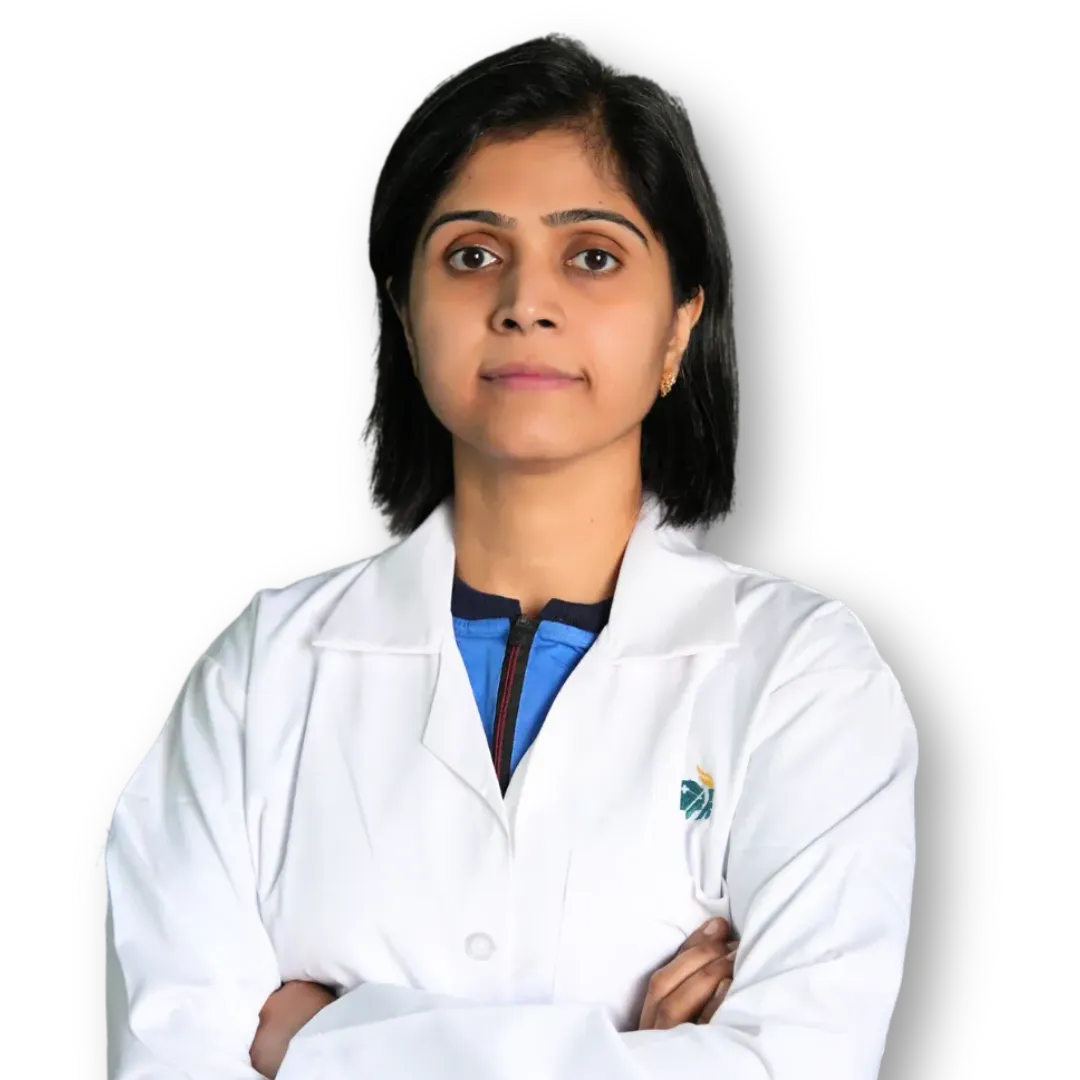Stomach Cancer
Causes, Symptoms & Treatment Options
However, as it gets bigger, it can cause serious health problems. This is why finding it early is extremely important. In this guide, we will explain what causes stomach cancer, what increases your risk, and the latest treatments available. Understanding these things can help you take better care of your health.
Introduction to Stomach Cancer
- Stomach cancer is a disease that starts in the lining of the stomach. It often develops from cells that make mucus and can spread to nearby organs like the liver, pancreas, and intestines. Many people don’t notice symptoms early because they can feel like common stomach problems.
Stomach cancer is a disease that starts in the lining of the stomach. It often develops from cells that make mucus and can spread to nearby organs like the liver, pancreas, and intestines. Many people don’t notice symptoms early because they can feel like common stomach problems.
Have a Question?
What Causes Stomach Cancer?

- Helicobacter Pylori Infection
⦿ H. pylori is a type of bacteria that can live in your stomach. It can cause stomach ulcers (sores in the stomach lining). Over time, this can lead to swelling and damage, increasing the risk of cancer.
⦿ Finding it early is important! If doctors find the infection soon enough, antibiotics can treat it and lower the risk of cancer.
- Diet & Lifestyle Factors
⦿ Eating a lot of smoked, pickled, and salty foods – These foods can hurt the stomach lining over time.
⦿ Not eating enough fresh fruits and vegetables– These foods have vitamins that help protect your stomach.
⦿ Smoking and drinking alcohol – Smoking raises the risk, and alcohol can irritate the stomach lining.
- Family & Health Risks
⦿ Past stomach problems – Previous stomach surgery or long-term stomach irritation (gastritis) can lead to cancer.
⦿ Obesity and acid reflux (GERD) – Being overweight and having frequent heartburn can damage the stomach over time.
Early Signs & Symptoms of Stomach Cancer
- Common Warning Signs
- Digestive Problems
- Advanced Symptoms

Constant vomiting and severe anemia
Have a Question?
Stages of Stomach Cancer

- Stage 1 – Early Stomach Cancer
⦿ Cancer is only in the inner lining of the stomach.
⦿ Surgery gives the best chance of curing it.
- Stage 2 – Local Spread
⦿ Cancer has grown deeper into the stomach wall.
⦿ It may have spread to nearby lymph nodes (small glands that help fight infections).
- Stage 3 – Advanced Local Disease
- Stage 4 – Metastatic Stomach Cancer
How is Stomach Cancer Diagnosed?
- Endoscopy & Biopsy
- Imaging Tests for Staging

Endoscopic ultrasound (EUS)

- Blood Tests & Genetic Screening
Blood tests


Treatment Options for Stomach Cancer

- Surgery & Minimally Invasive Techniques
⦿ Partial gastrectomy – Doctors remove only the part of the stomach with cancer.
⦿ Total gastrectomy – The entire stomach is removed, and the esophagus is connected to the small intestine.
⦿ Minimally invasive techniques – Some surgeries use tiny cameras (laparoscopic) or robotic-assisted tools to make smaller cuts, which helps with faster healing.
⦿ Eating after surgery – After surgery, patients need to eat small, frequent meals and avoid certain foods to help with digestion.
- Chemotherapy & Targeted Therapy
Chemotherapy uses strong medicine to kill cancer cells or stop them from growing. It is often used before or after surgery or for advanced cases.
⦿ Common chemotherapy drugs – Medicines like 5-FU (Fluorouracil) and Cisplatin are often used.
⦿ Targeted therapy – Some cancers have extra HER2 proteins. Trastuzumab (Herceptin) is a special medicine that attacks these cancer cells.
⦿ Immunotherapy – For advanced stomach cancer, new treatments help the body’s own immune system fight the cancer.
- Radiation Therapy & Palliative Care
Radiation therapy uses high-energy rays to shrink tumors. It is often combined with surgery or chemotherapy.
⦿ Shrinking tumors – Helps make surgery easier or relieves symptoms in later stages.
⦿ Managing pain – Radiation and medicines can help control pain in people with advanced cancer.
⦿ Nutritional support – Some patients may need special diets or feeding tubes to help them stay strong.
- Treatment options and expected outcomes for gastric adenocarcinoma.
- Swipe right to view the full table
| Treatment Option | Indication | Curative Potential | Survival Outcome | Notes |
|---|---|---|---|---|
| Surgical Resection (Subtotal/Total Gastrectomy) | Localized resectable tumors (Stage I–III) | Curative | 5-year survival: 40–60% (Stage I–II), 20–30% (Stage III) | Requires D2 lymphadenectomy for optimal oncologic outcomes |
| Perioperative Chemotherapy (e.g. FLOT) | Stage II–III resectable gastric cancer | Improves curative chance | Median survival: ~50 months (FLOT4 trial) | Preferred over surgery alone in Western protocols |
| Neoadjuvant Chemotherapy | Locally advanced, potentially resectable tumors | Improves resection rate | Better R0 resection, survival benefit | Helps in downstaging and selecting good responders |
| Adjuvant Chemoradiation / Chemotherapy | Postoperative therapy for Stage IB–III | Reduces recurrence risk | Improves disease-free survival | Based on resection margins and nodal status |
| Palliative Chemotherapy | Unresectable, recurrent or metastatic disease | Palliative | Median survival: 9–13 months | Common regimens: FOLFOX, CAPOX, or DCF |
| Targeted Therapy (e.g. Trastuzumab) | HER2-positive metastatic gastric cancer | Palliative | Added survival benefit (~2–3 months) | HER2 testing required before use |
| Immunotherapy (e.g. Nivolumab) | MSI-high or PD-L1 positive advanced cases | Palliative | Survival varies with biomarker status | Role expanding in advanced stages |
| Supportive Care | Poor performance status or end-stage disease | Symptom control only | Median survival: <6 months | Focus on nutrition, pain, and quality of life |
Can Stomach Cancer Be Prevented?

- Healthy Diet & Lifestyle Choices
⦿ Eat more fiber and antioxidants – Fresh fruits, vegetables, and whole grains help protect the stomach.
⦿ Avoid processed and salty foods – These foods can increase stomach cancer risk over time.
⦿ Quit smoking and limit alcohol – Smoking and drinking too much alcohol damage the stomach lining and raise cancer risk.
- Screening & Early Detection
⦿ Who should get tested? – People with a family history, stomach ulcers, or long-term stomach problems may need regular endoscopy tests.
⦿ H. pylori infection – This common stomach bacteria can increase cancer risk. Getting tested and treated early can help.
⦿ Genetic testing – If stomach cancer runs in the family, genetic tests can help find out if someone has a higher risk and needs extra checkups.
Importance of Awareness & Early Diagnosis
Stomach cancer is a serious disease, but finding it early and getting the right treatment can save lives.
Making healthy lifestyle choices, getting regular check-ups, and learning about new treatments can help lower the risk and improve recovery chances.
If you or someone you know has ongoing stomach problems, seeing a doctor quickly can lead to early diagnosis and better treatment options.
Have a Question?
Frequently Asked Questions
What is stomach cancer?
What are the early signs of stomach cancer?
What causes stomach cancer?
Who is more likely to get stomach cancer?
How do doctors check for stomach cancer?
How is stomach cancer treated?
Can stomach cancer be cured?
Does stomach cancer spread fast?
How can I lower my risk of stomach cancer?
Is stomach cancer common in India?

Written by
Dr. Harsh Shah
MS, MCh (G I cancer Surgeon)
Dr. Harsh Shah is a renowned GI and HPB Robotic Cancer Surgeon in Ahmedabad.

Reviewed by
Dr. Swati Shah
MS, DrNB (Surgical Oncology)
Dr. Swati Shah is a Robotic Uro and Gynecological Cancer Surgeon in Ahmedabad.










